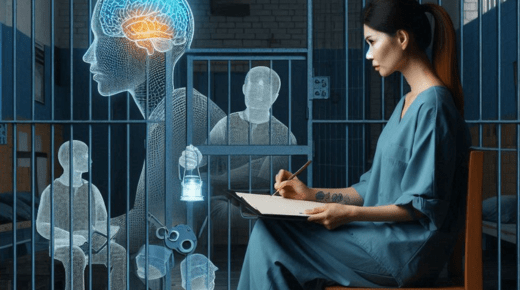Psychologists play critical roles in places we least expect. Prisons, for example, are more than just confinements for law-breakers. They are also centers of reform, rehabilitation, and change. I want to shed light on the pivotal function of psychologists in these institutions, and their tools of transformation. From a simple chat session to specialized treatments like body image therapy greenpoint, the range is broad and the impacts, are profound. We’ll unravel this subject together, encompassing rehabilitation and going beyond.
Psychological Rehabilitation: A Key Tool in Prisons
Psychologists work with prison inmates to help rehabilitate them. This is not an easy task. It is often a matter of altering long-held beliefs and behaviors. Through individual and group therapy, psychologists guide inmates toward understanding their actions and their consequences.
A Broad Range of Therapeutic Tools
Psychologists in prisons use a variety of tools to help inmates. Body image therapy, cognitive-behavioral therapy, and trauma-focused therapy are just a few examples. The type of therapy used often depends on the individual needs of the inmate.
The Impact of Prison Psychology
We cannot underestimate the impact of psychological support in prisons. It aids in reducing repeat offenses. It also helps former inmates reintegrate into society. This is a winning scenario for all – the inmates, their families, and society at large.
Tools and Techniques Comparison
| Tools / Techniques | Uses | Benefits |
| Body Image Therapy | This therapy helps inmates with body image issues, which might have contributed to their criminal behavior. | Improves self-esteem, reduces the likelihood of re-offending. |
| Cognitive-Behavioral Therapy | Used to modify harmful thinking patterns, which can lead to criminal behavior. | Helps inmates understand the consequences of their actions, reduces re-offending. |
| Trauma-Focused Therapy | Helps inmates deal with trauma, which might have contributed to their criminal behavior. | Reduces emotional distress, improves psychological well-being, reduces re-offending. |
The role of psychologists in prisons is crucial. They help inmates understand and address the root causes of their criminal behavior. This aids in rehabilitation and reintegration into society. The work of these psychologists is not just about treating individuals – it’s about creating safer communities for us all.



